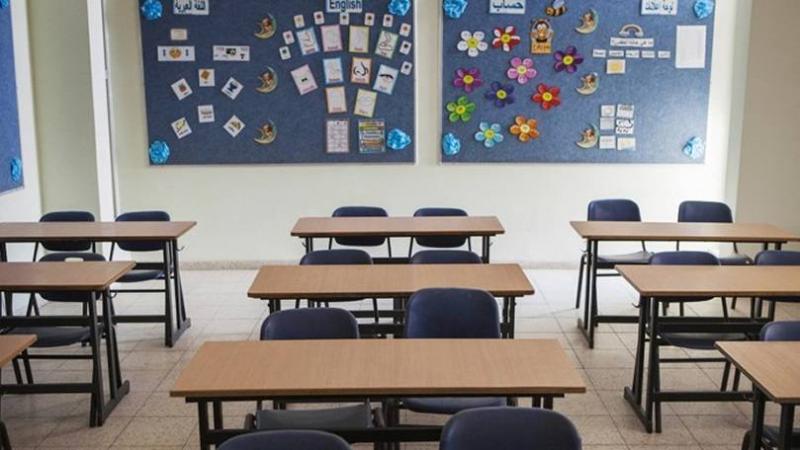Since 2019, the academic year in Lebanon has been struggling amidst endless crises. Last year, most students were unable to complete their prescribed study programs due to the repercussions of the living crisis, the skyrocketing dollar price, and the instability of the governmental situation in the country. This is in addition to the issue of "remote learning," which was a disaster in itself, especially due to complete power outages and the control held by generator owners over the people. There is fear that this year's tragedy may repeat itself, causing us to lose yet another school year, especially in light of the lack of governmental solutions and economic recovery plans.
In this context, the Lebanese Minister of Education and Higher Education, Abbas Halabi, adjusted the start of preparatory work and registration in secondary schools and public schools from September 5, 2022, to September 15, and set October 3 as the start date for the 2022-2023 school year. The delay was due to the overlap with the date of the second extraordinary session of the official exams 2021-2022 after a long postponement due to the strike by public sector employees in Lebanon, including employees of the Ministry of Education, which also delayed correction dates and administrative procedures related to issuing results, forcing the Ministry to postpone the start of the school year by 10 days.
In brief, the educational sector in Lebanon is not in the best condition; it mirrors the situation of other sectors in Lebanon. Will it be able to overcome its crisis and successfully complete the school year? But the most important question remains: How do parents face the current reality, and how are they preparing themselves and their children for the new school year amid the soaring dollar prices and the escalating cost of living crisis?
To shed more light on this bitter reality, "Al-Liwaa" interviewed several parents to understand their situations. Mouna Badran was forced to transfer her children this year from a private school to a public school due to her inability to pay the last school tuition last year. She said, "I am very sad about my children's transfer to a public school, but there is nothing I can do. Financially, it is no longer feasible, especially after I was laid off from my job last year without prior notice. What can my salary cover? Rent, bills, or the necessities of life? Moreover, the school now wants us to pay half the tuition in dollars and half in Lebanese lira." Of course, I am struggling with the children, who find it difficult to accept the idea of moving from their school to a public one, but there is nothing I can do. Sooner or later, they will get used to it because this reality, despite its bitterness, is much better than me asking for help from "so-and-so."
Hassan Musharifah, a father of two, considered enrolling them in a public school, but he reversed his decision and settled for transferring them to a less expensive private school. He said, "This year, I was satisfied with changing schools, but if the situation remains the same next year, I will undoubtedly move to a public school without hesitation. The burden on us as parents has become heavy, especially since the issue is not limited to just school fees; daily living requirements are relentless and needs increase day by day. All we wish for is that the situation improves in the country so that officials can pay attention to citizens' conditions, especially improving the status of public schools in terms of both personnel and infrastructure, as this resolves a significant and fundamental problem in our society."
Layla Soubar, a mother of four, said, "I enrolled them from the beginning in a public school because, quite simply, I read 'the writing on the wall,' especially since we live in a country that fluctuates on various levels, whether in security, economic, or social conditions. I enrolled the children in a public school to avoid the anxiety that my friends experience at the start of each school year. Is it reasonable to pay, for instance, 15 million or 20 million L.L. as school fees for a child in their first year? And today, pricing is in dollars??? This doesn't even consider the prices of school supplies. Unfortunately, we live in a jungle, and education in our country is no longer a mission but a business, where 'the clever one' is the one who makes the most profit. The idea that 'education is a mission' has become an outdated notion; therefore, I preferred to take the situation at face value, adopting the grandparents' saying that 'whoever learns can learn anywhere.'"
A tour of the bookstores revealed that most parents are opting to buy national stationery, despite its high cost, as it remains cheaper. Regarding books, they buy used books and refrain from purchasing new ones unless the old copies are unavailable due to the need for a new edition. Meanwhile, there is no inclination at all to buy school bags due to the difficult financial conditions of the parents.




